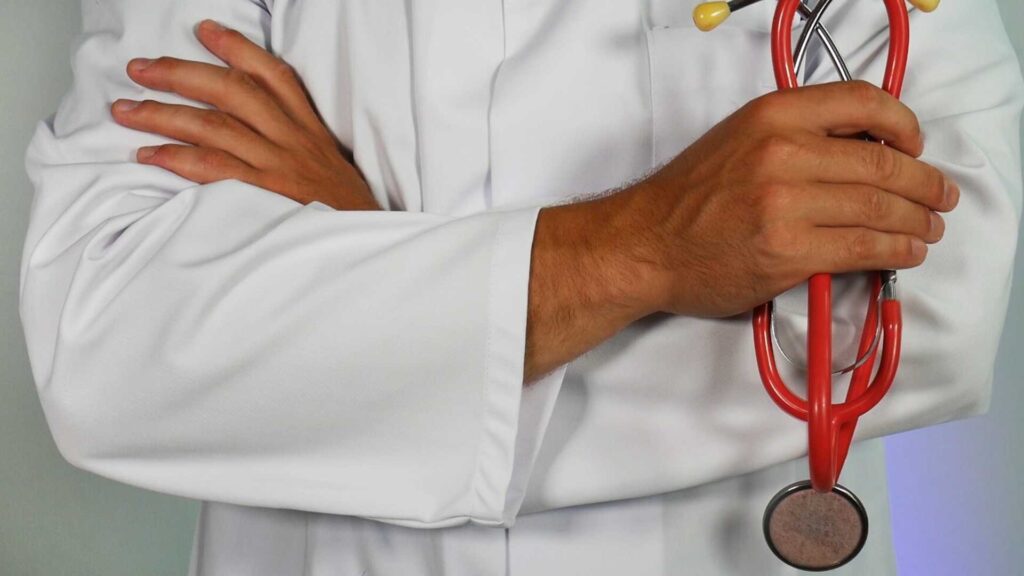
Although it’s not the most fun topic to think about, having a plan for medical emergencies at your event is key to keeping everyone safe. By being prepared, you can help ensure that your event runs smoothly—and that everyone stays healthy, says Dr Michael Hilton.
- The first step in handling a medical emergency is to identify the nearest exit and make sure that all attendees are aware of where it is. In the event of an emergency, it’s important to have an evacuation route planned so that everyone can get out quickly and safely.
- Once you’ve identified the exit, the next step is to locate the nearest first aid kit. First aid kits should be stocked with basic supplies like bandages, gauze, and antiseptic wipes. If you don’t have a first aid kit on hand, some common household items like duct tape and paper towels can also be used in a pinch.
- If someone is injured or becomes sick during the event, the first priority is to get them to safety. Once they’re in a safe location, assess the situation and provide any necessary first aid. If the person is seriously injured or ill, call the helpline numbers immediately and wait for paramedics to arrive.
Medical care at events
At any large event, from a rowdy concert to a neighborhood carnival, medical care is essential. Whether it’s providing first aid for a scraped knee or dealing with a more serious injury, on-site medical staff can help to ensure that everyone has a safe and enjoyable time.
In addition to providing basic medical care, on-site staff can also help to coordinate with local hospitals in the event that someone needs to be hospitalized. By keeping an eye on potential health risks and being prepared to deal with any emergencies that may arise, medical staff plays a vital role in ensuring the safety of everyone at an event.
Medical care at marathon races
While most marathon runners train extensively for the event, unexpected things can still happen during the race. That’s why medical care is an essential part of any marathon race. From providing water and electrolytes to treating blisters and injuries, medical teams play a vital role in ensuring that runners have a safe and enjoyable experience.
In recent years, there has been an increased focus on providing mental health support as well, as marathon runners can often experience high levels of anxiety and stress during the race. With the help of medical professionals, marathon runners can push themselves to their limits while knowing that they have a safety net in place if anything goes wrong.
Conclusion:
No one likes to think about the possibility of a medical emergency occurring at their event, but the truth is that it’s always better to be prepared. By having a plan in place for how to handle a medical emergency, you can help ensure that your event goes off without a hitch—and that everyone stays safe. So, if you feel that you are in need of medical attention, it is time to consult the best physician.